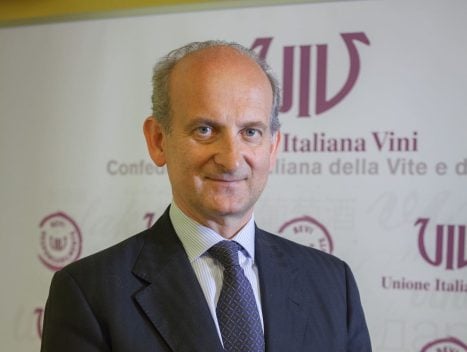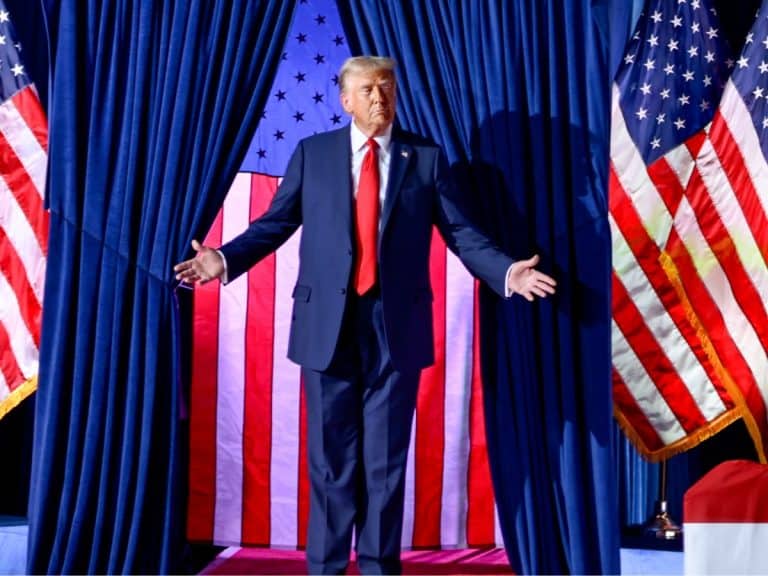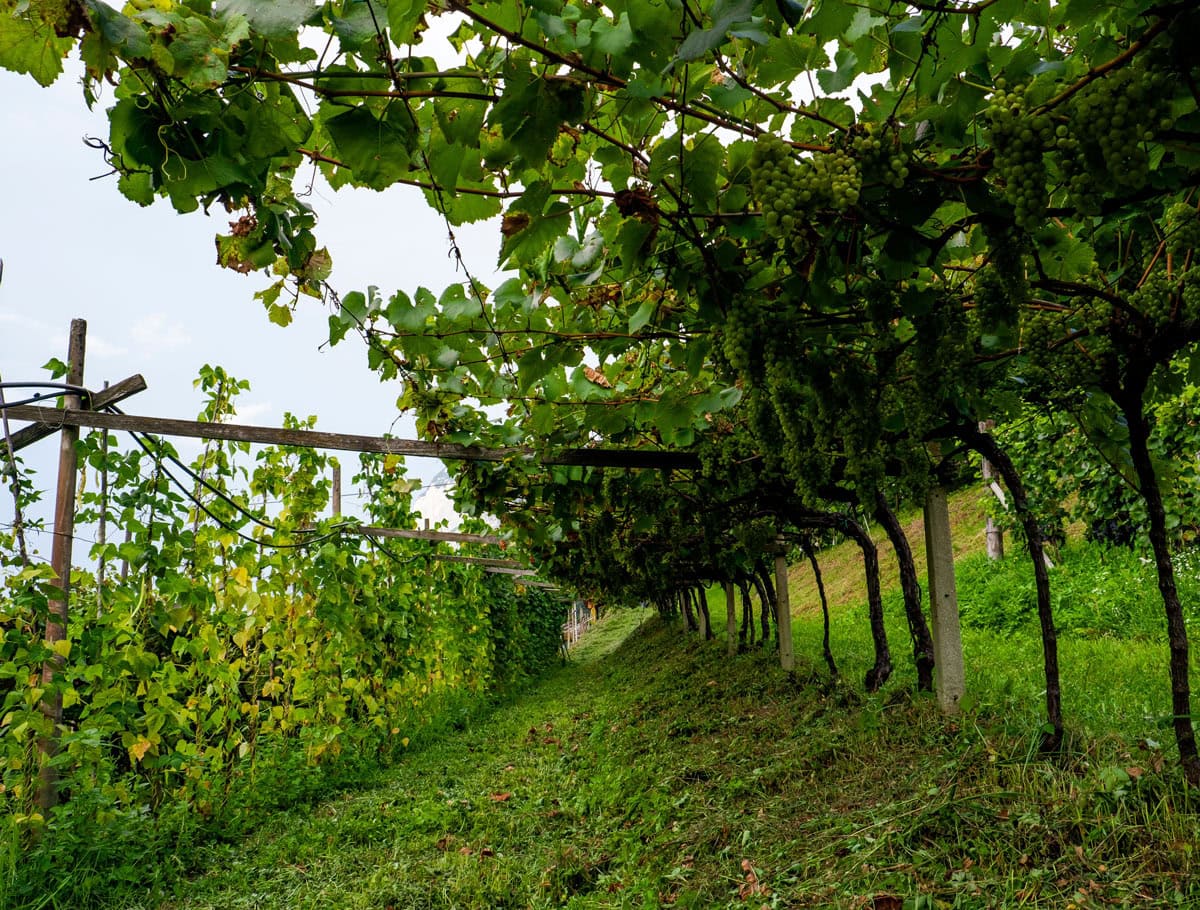The potential tariffs announced by Donald Trump on European products would impact Italian wine more heavily than other competing countries. The warning comes from Unione Italiana Vini (UIV), which held its national council meeting on Wednesday, 4 December. President Lamberto Frescobaldi was very clear in his opening remarks: "60% of Italian exports are concentrated in five markets, with the United States alone accounting for almost a quarter of our shipments. We cannot isolate ourselves," he added, "we must also look to markets such as Brazil and Latin America, which, due to cultural ties, could help expand our commercial horizons." He stressed that in order to avoid worsening an already difficult situation, diversification of markets is necessary. For this reason, Unione Italiana Vini firmly supports the Mercosur agreement and shares Italy’s approval of dealcoholized wines, a niche that could open doors to new targets and countries.
Negotiations between Europe and South American markets could be concluded with an agreement on Friday, 6 December, after the closing of the summit in Montevideo, where European Commission President Ursula von der Leyen will also be present. She expressed optimism, calling the agreement "now close." This would be an agreement on the technical aspects of this debated trade partnership, which, if reached, would then be reviewed by the European Parliament in a plenary session.

Risks for Italian exports
The UIV Observatory has presented a specific focus on the issue, noting that "Italy would be the European supplier most exposed in the event of new additional US tariffs." According to import data for the first nine months of 2024 (January-September), the United States currently serves as the "commercial lifeline" for Italian wine exports (+4.4% for the period). US demand has helped "limit the value decline" of Italian shipments to the top 11 buyer countries to -1.5%. Therefore, excluding the US market, the loss for Italian wine would rise to -4.9%. For France, Italy’s main competitor, the effect would be less severe: without the US, the decline would shift from the current -7.3% to -8.5%.
CEEVE also presses the EU
In support of UIV's position on the EU-Mercosur agreement, there has been further pressure on Brussels from CEEV, the organisation to which Unione Italiana Vini belongs (with its 812 Italian members and a turnover of €10.6 billion), and which brings together the wine industry across Europe. "After 25 years of negotiations," said CEEV President Mauricio González-Gordon in a statement, "it is time to close this agreement," which is seen as vital for the opportunities it offers wine businesses to access new markets and attract more consumers. The agreement would reduce customs duties and simplify trade rules, particularly in Brazil, a rapidly growing market for high-quality European wines, where import duties still stand at 27%. General Secretary Ignacio Sánchez Recarte emphasized the "persistent misunderstanding" surrounding the EU-Mercosur deal: "In fact, it’s exactly the opposite for EU wine, as it would reduce or eliminate trade barriers. Moreover, concerns about a massive influx of non-EU wines are unfounded."


 A strong start for Italian wine exports in 2025. In January, the stockpiling effect in the US ahead of tariffs proves decisive
A strong start for Italian wine exports in 2025. In January, the stockpiling effect in the US ahead of tariffs proves decisive The leap in quality of the new Piwi wines across 15 labels
The leap in quality of the new Piwi wines across 15 labels Valpolicella welcomes back one of its most iconic wines: rebellious yet loyal, Grola returns to the DOC
Valpolicella welcomes back one of its most iconic wines: rebellious yet loyal, Grola returns to the DOC Versace opens a super hotel with an Italian restaurant. Here's what Donatella Hotel & Restaurant in Miami will be like
Versace opens a super hotel with an Italian restaurant. Here's what Donatella Hotel & Restaurant in Miami will be like At The Crown Tirana, service and quality at the highest levels
At The Crown Tirana, service and quality at the highest levels






